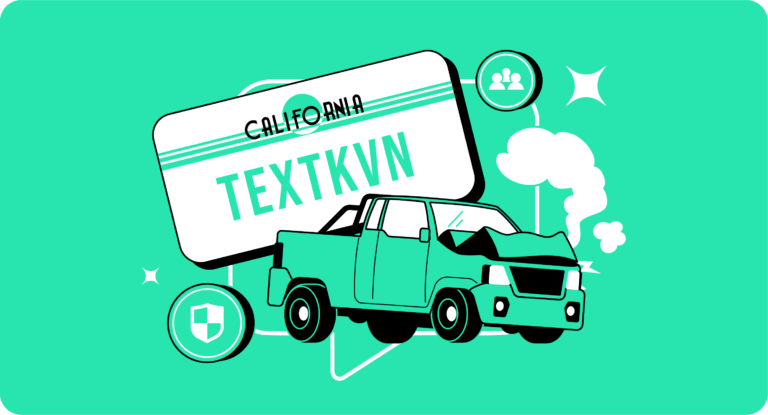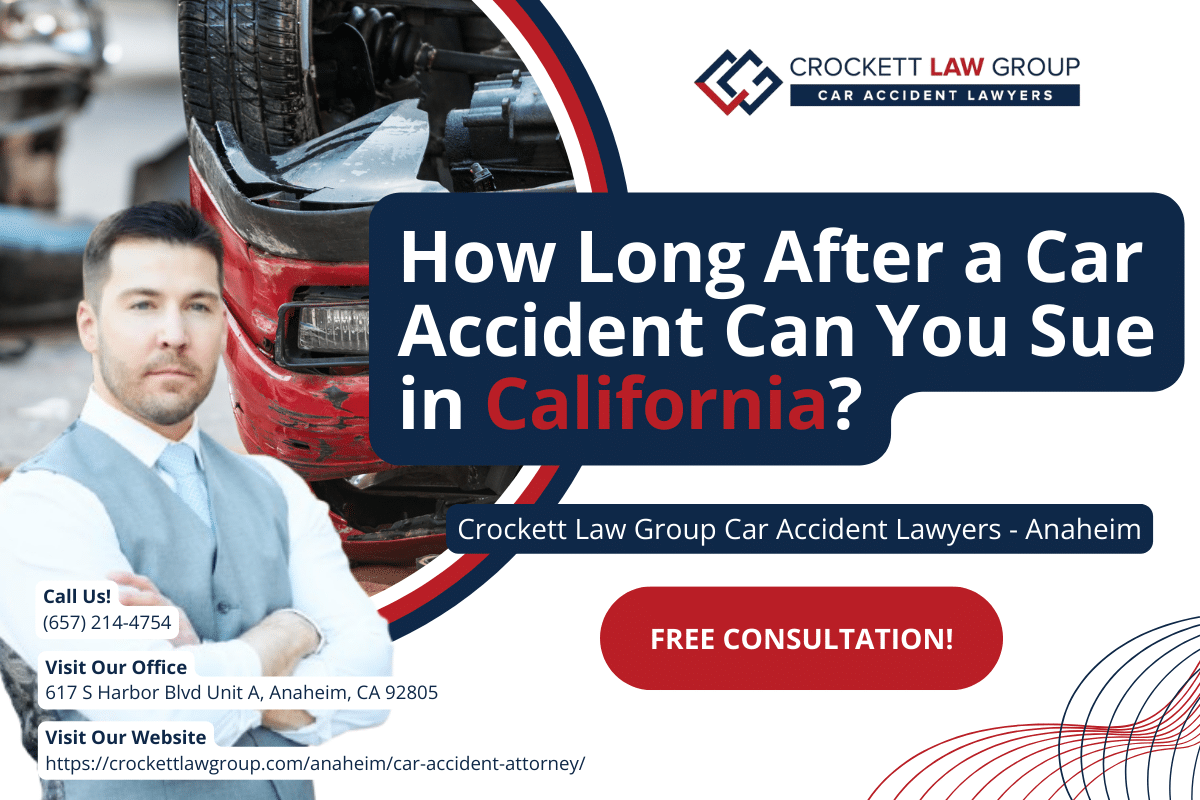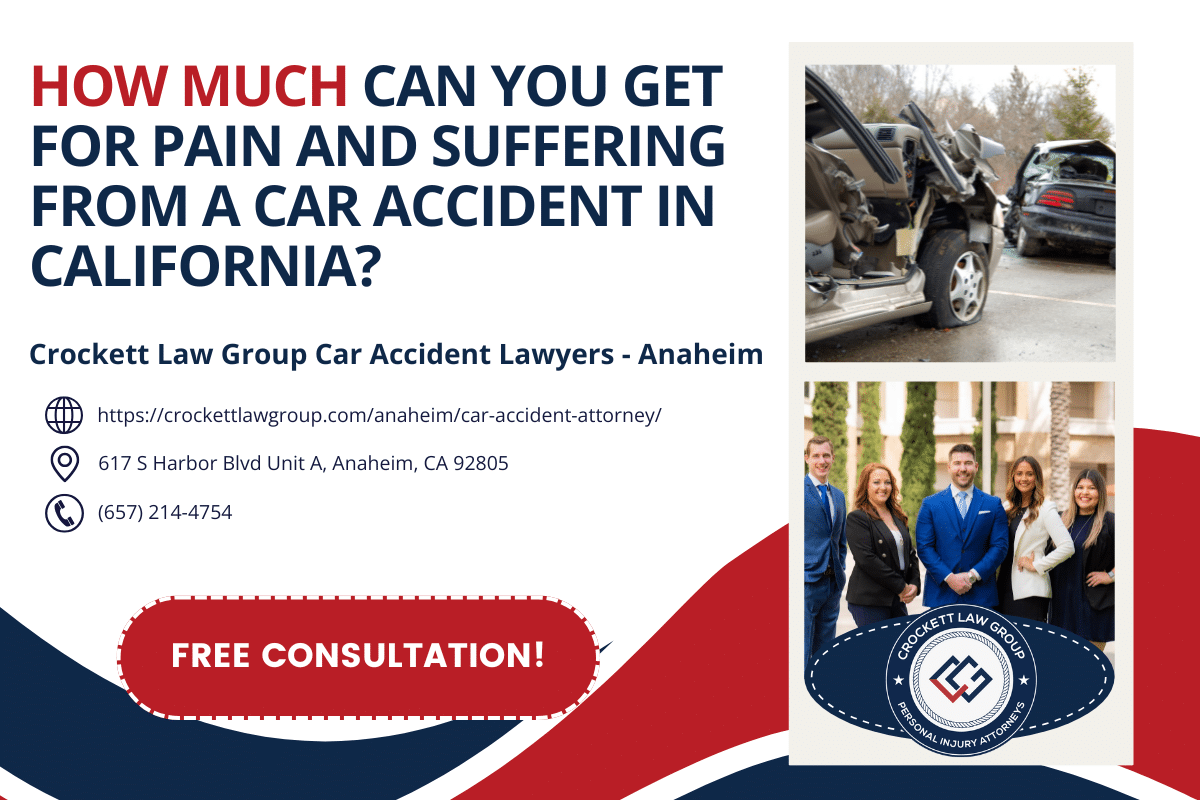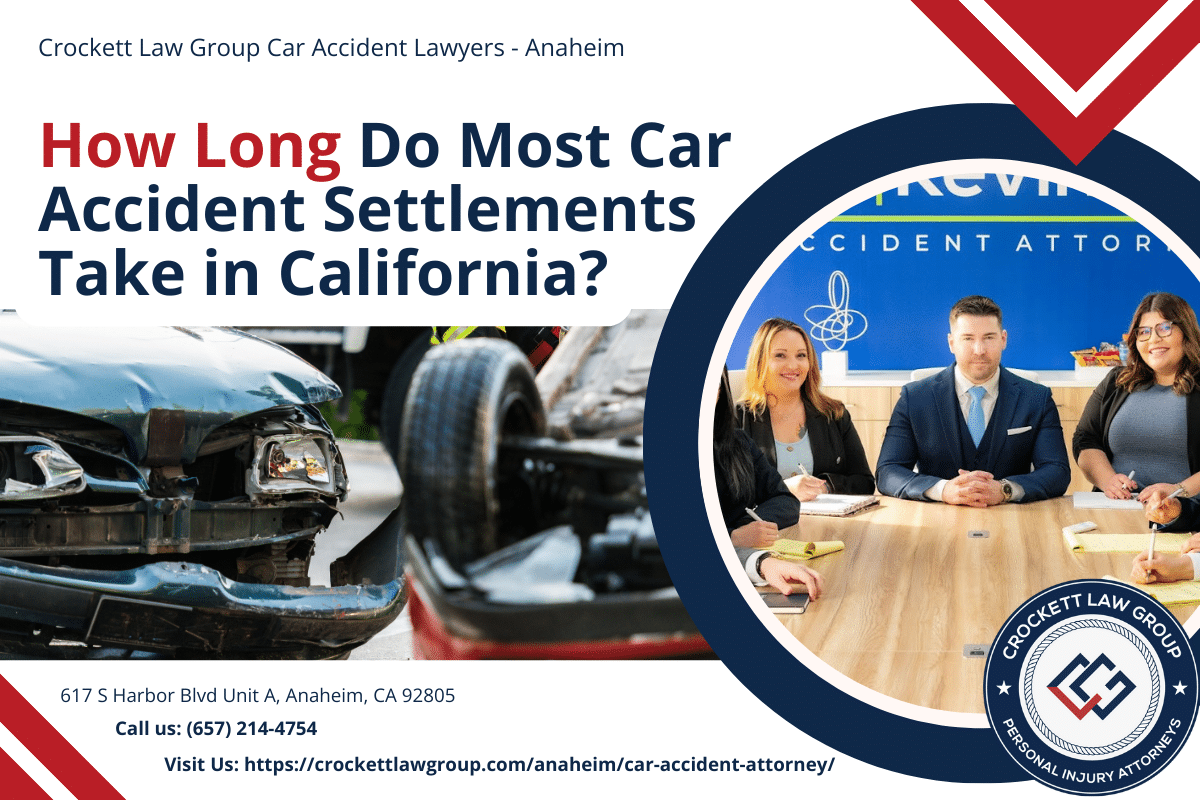The deafening crunch of metal, the blare of a horn, the sudden jolt – car accidents are traumatic events, even if they’re minor. In that disorienting moment post-collision, as adrenaline courses through our veins, our innate human instincts might push us towards expressing regret or remorse, whether or not we’re truly at fault.
Such split-second admissions, while made with the best intentions, can have profound legal and financial implications down the road. But how does admitting fault, especially when premature, impact the intricacies of insurance claims, legal liabilities, and compensation in California?
In this article, personal injury attorney Kevin Crockett delves into the profound implications of admitting fault in a car accident in California and offers insights to protect your legal rights.
What Happens When You Admit Fault?
Admitting fault or liability for a car accident has implications far beyond just accepting blame at the scene – it can significantly impact any resulting legal claims, insurance coverage outcomes, and monetary damages down the road.
- Police Report as Negligence Proof: Admitting fault to police at the scene can be recorded in the official report, becoming evidence of your liability in future claims or lawsuits. Even if other factors played a role, your statement can bolster legal claims against you.
- Insurance Implications of Admitting Fault: Insurance companies may deny claims or even raise monthly premiums based on fault admissions. Most auto insurance policies don’t cover damages from the insured’s negligence. An admission could both invalidate a claim and label you as a high-risk driver.
- Bolstering Legal Cases with Admission: Admitting fault can serve as evidence in personal injury lawsuits, weakening your defense. This admission establishes your negligence, simplifying the process for those building a case against you.
- Amplifies Financial Burden: Admitting fault augments your financial liability for accident-related expenses. Such admissions bolster plaintiffs’ claims, enabling them to pursue larger compensation.
- Bolsters Plaintiff’s Courtroom Argument: Your admission not only substantiates negligence but also empowers plaintiffs during legal proceedings. Using your acknowledgment, their attorneys can craft a potent case, amplifying their quest for maximum compensation.
When Should You Admit Fault?
Deciding if one should admit fault or take blame for an accident is challenging in the heat of the moment. Yet, in specific scenarios, recognizing responsibility immediately might be advantageous or wise.
Clear-Cut Evidence Exists Proving Your Liability
When undeniable evidence, like skid marks and eyewitness accounts, clearly points to your responsibility in a collision, acknowledging fault might speed up the claims process. Denying the obvious could seem unrealistic and prolong settlement. In such clear-cut scenarios, accepting blame can be more efficient.
Credible Witnesses and Police Confirm Your Negligence
When impartial witnesses or traffic camera footage consistently indicate your fault in an accident, early admission is often prudent. Their credible accounts will likely confirm liability, making denial typically counterproductive. Accepting responsibility when evidence is overwhelming can expedite the process.
Seeking Expedited Financial Settlement Through Admission
Admitting fault might be beneficial if it expedites a settlement with the other driver’s insurance. Taking responsibility can encourage insurers to hasten an out-of-court resolution, leading to a quicker overall resolution.
Severe Damage and Injuries Make Denial More Difficult
If an accident caused significant damage, property destruction, and injuries clearly due to your actions, ethically accepting fault might be the best approach. In such evident scenarios, denial might not stand in court. Acknowledging your role can foster goodwill and streamline the process.
Strategies if You Were Not At Fault
If liability for the accident is uncertain or contested, admitting fault may not be advised. There are several constructive strategies drivers can take to protect themselves when fault is disputed.
- Collect Evidence at the Scene: If fault is ambiguous, capture photos of vehicle positions, skid marks, traffic signs, and other relevant scene aspects. This tangible evidence can bolster your account if liability issues emerge later.
- Gather Witness Details: Secure the names and contact information of witnesses, such as nearby motorists or bystanders. Their impartial accounts can be crucial in verifying your version of events if disputes arise later.
- Cooperate with Police Without Speculating: Fully engage with police inquiries, but refrain from guessing about fault unless you’re certain. Ask the officer to record in their report that liability hasn’t been conclusively established.
- Seek Attorney Guidance for Disputed Fault: For significant injuries or damage, engage a personal injury attorney promptly. They’ll assist in handling evidence, insurance interactions, and claim responses. Trust their expertise.
FAQs
Can admitting fault in an accident raise my insurance rates?
Yes, insurance companies may raise your rates if you admit fault, as it indicates you are a higher risk.
Is it always bad to admit fault after an accident?
No, if clear evidence proves you caused the accident, admitting fault can lead to quicker case resolution.
What should I avoid saying after a car accident?
Avoid speculating about fault or liability unless you are certain you caused the crash.
Can my admission of fault be used against me in court?
Yes, your admission can be used as evidence of negligence if a lawsuit is filed over the accident.
Should I admit fault to the other driver?
It’s best not to discuss fault with the other driver, but to let your insurer handle it.
How could admitting fault impact my injury claim?
It could lead to any injury claim being denied or reduced compensation from insurers.
Does admitting fault mean I have to pay for damages?
Legally yes, admitting fault means you assume greater financial liability for damages.
What if I don’t think I’m at fault for the accident?
Do not admit fault and instead gather evidence and witness statements to protect yourself.
Will the police determine fault at the accident scene?
Police may take a statement on fault, but official liability is decided later in legal or insurance proceedings.
Should I get an attorney before admitting fault?
Consulting an attorney is wise to understand implications before admitting fault after a major accident.
Seek Legal Guidance After Admitting Fault in an Accident
It’s important to understand that admitting fault for a car accident can have major legal and financial implications. The resulting insurance, liability, and claims issues can feel overwhelming. With potential outcomes, seeking counsel from an experienced law group is wise.
Don’t navigate the aftermath of admitting fault alone. Personal injury attorney Kevin Crockett can offer sound advice and support. Contact the Crockett Law Group today at (800) 900-9393 or through our secure online form for a free consultation.
Allow our legal team to navigate the next steps, safeguarding your rights and clarifying your choices.
We prioritize your peace of mind.










